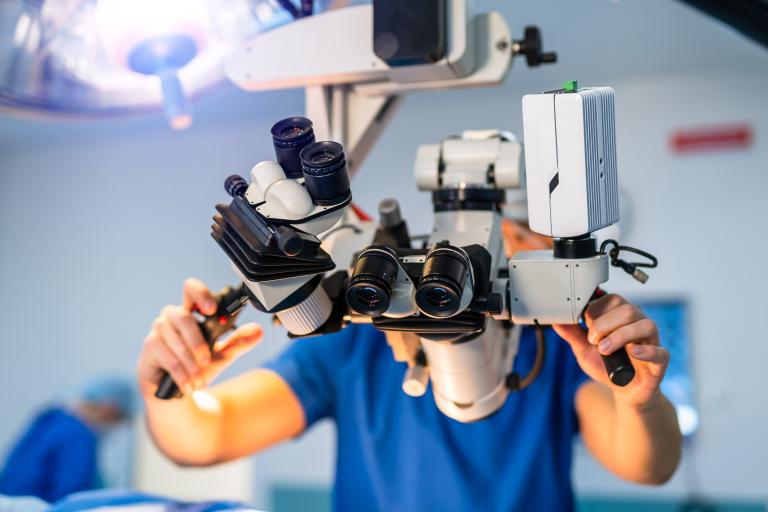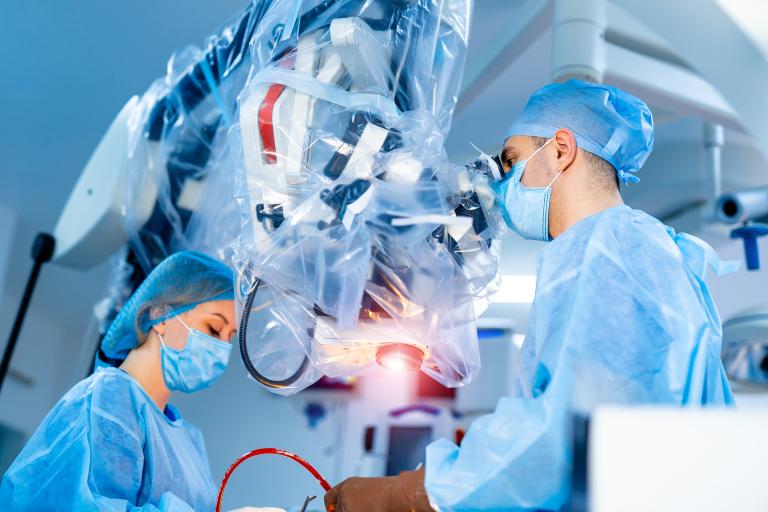
About Face and Jaw Reconstruction
The RPS surgeons can help restore function and improve the appearance after head and neck cancer using reconstructive microsurgery.
Depending on the individual case, surgeons may be able to reconstruct the throat, nose and tongue using tissue from other parts of the body including the thigh, forearm or abdomen. Multiple bones in the body, including the smaller bone from the leg (fibula) can also be used to reconstruct the lower jaw and upper jaws and other bony regions of the face.
When patients suffer from facial paralysis due to tumour removal, surgeons may also be able to transfer nerves or even a muscle from the inner thigh to help the patient smile again.
